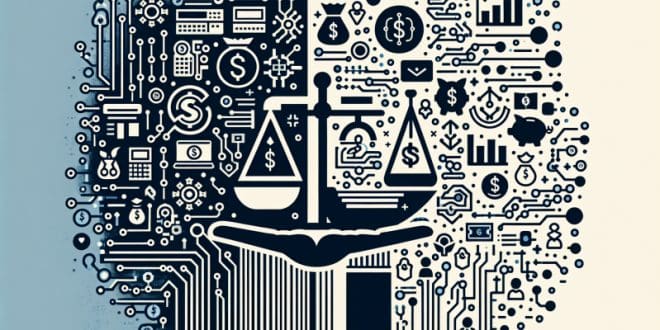As technology weaves it威而鋼
self ever more intricately into the fabric of society, addressing social issues through innovation has become a priority for many. However, the distribution of tech grants – the lifeblood that nourishes these innovative undertakings – is a landscape strewn with complex ethical considerations. Within this labyrinth, grantmakers and innovators alike are faced with the task of not only recognizing but also navigating a terrain that is as morally demanding as it is financially enticing.
One of the most pressing ethical challenges is ensuring equal access to funding. The proliferation of technology grants has not always coincided with an equitable distribution of resources. Historically marginalized communities, female-led startups, and innovators from the Global South frequently find themselves at a disadvantage when it comes to securing grant money. This imbalance poses a significant threat to the diversity of thought and experience that is vital to the ecosystem of innovation. As the stewards of tech grants, it is incumbent upon funders to construct frameworks that elevate diverse voices and democratize opportunities for technological advancement.
Bias in the selection process is another pervasive issue. The subjective nature of grant evaluations can often lead to preferential outcomes, whether intentional or subconscious. Overcoming this requires a level of transparency and accountability that has previously been elusive. Robust, blind review processes, augmented by AI tools designed to flag and mitigate bias, are just some of the ways in which the selection pipeline can be fortified against prejudice.
Moreover, the implementation of new technologies, particularly in vulnerable communities, comes with the potential for unintended consequences. Without careful scrutiny, well-intentioned projects can exacerbate existing disparities or introduce new ones. This demands a proactive, rather than reactive, approach to ethical due diligence. Grantmakers need to critically assess the societal implications of the projects they fund, from privacy concerns to the redistribution of labor, and ensure that harm mitigation strategies are a core component of project design.
To navigate these ethical waters, grantmakers must cultivate a responsible culture that is reflexive and adaptive. This involves partnering with ethicists, engaging with community stakeholders, and fostering an ongoing dialogue around the societal impact of technological investments. By integrating ethical considerations into every stage of the granting process – from call for proposals to project completion – funders can ensure that their support for tech initiatives serves the broader public interest and contributes to a just technological future.
In conclusion, as technology continues to shape the avenues through which we address social challenges, the role of tech grants as a catalyst for positive change has never been more significant. It is through an unwavering commitment to ethical stewardship and an inclusive framework for innovation funding that grantmakers can truly harness the transformative power of technology for the greater good.
 Grants Club Community
Grants Club Community







